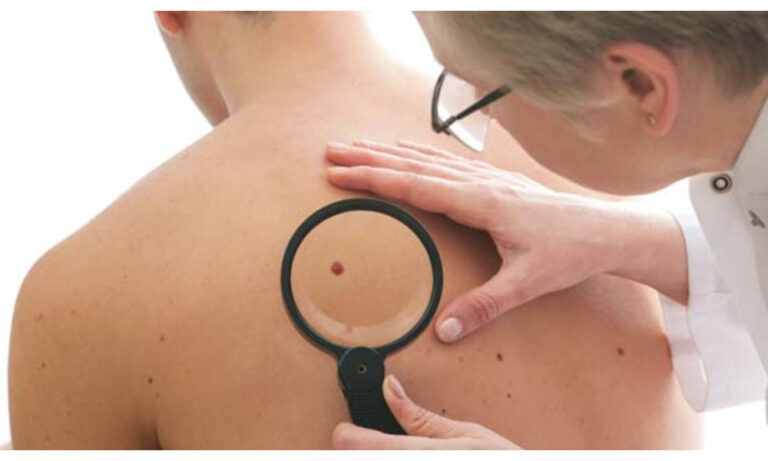
Image Credit: https://www.istockphoto.com/photo/nurse-in-latex-gloves-performing-a-medical-procedure-gm1270488575-373419719
Intravenous therapy is a medical treatment involving direct delivery of medications, fluids, and other nutrients into a patient’s bloodstream through a vein. It is a quick and effective way to administer treatment for various health conditions.
IV therapy can be used for a variety of purposes, including rehydration, nutritional support, pain management, and chemotherapy. You can also look up for a reliable home iv drip services in London. They will be able to guide you though the therapy.
The following are a few signs that may indicate that you need IV Therapy:
1. Dehydration
Dehydration occurs when your body loses more fluids than it takes in. This can be due to various reasons such as excessive sweating, vomiting, diarrhoea, or a lack of fluid intake.
Signs of dehydration include dizziness, thirst, dry mouth, decreased urine output, and dark-coloured urine. In such cases, IV therapy can be used to quickly rehydrate the body and restore electrolyte balance.
2. Nutritional deficiencies
Malnutrition can occur due to various reasons such as eating disorders, chronic illness, or aging. Nutritional deficiencies can lead to a weakened immune system, fatigue, and poor wound healing.
IV therapy can be used to administer vitamins, minerals, and other nutrients directly into the bloodstream, bypassing the digestive system. This will ensure that your body is receiving the required nutrients for optimal functioning.
3. Chronic pain
Chronic pain can be debilitating and can affect a person’s quality of life. IV therapy can be used to administer pain medications directly into the bloodstream, providing immediate relief.
This is particularly useful for patients who cannot tolerate oral pain medications or for those who require higher doses of pain medications.
4. Chemotherapy
Chemotherapy is a type of cancer treatment that involves the use of drugs to kill cancer cells. Chemotherapy drugs can have serious side effects, such as nausea, vomiting, and diarrhoea. IV therapy can be used to administer medications to manage these side effects and provide relief.

Image Credit: https://www.istockphoto.com/photo/medical-personnel-hand-washing-dressed-in-medical-scrubs-stock-photo-gm1212821218-352219974
5. Infections
Infections can occur due to bacteria, viruses, or fungi. In certain severe cases, infections may end up with sepsis, which is a life-threatening condition.
IV therapy can be used to administer antibiotics and other medications directly into the bloodstream, ensuring that the infection is treated quickly and effectively.
6. Surgery
Surgery can be stressful for the body and can lead to dehydration and electrolyte imbalances. IV therapy can be used before and after surgery to ensure that the body is adequately hydrated and that electrolyte balance is maintained.
IV therapy can also be used to administer medications to manage pain and nausea after surgery.
7. Hangover
Consumption of alcohol may end up with dehydration and electrolyte imbalances, which may cause symptoms of hangover like headache, fatigue, and nausea.
IV therapy can be used to quickly rehydrate the body and restore electrolyte balance, providing relief from hangover symptoms.
8. Fatigue
Fatigue can occur due to various reasons such as stress, lack of sleep, or an underlying medical condition. IV therapy can be used to administer vitamins and minerals, such as vitamin B12, which can help reduce fatigue and improve energy levels.
9. Immune system support
The immune system is responsible for fighting off infection and diseases. IV therapy can be used to administer vitamins and minerals, such as vitamin C and zinc, which can help boost the immune system and improve overall health.
10. Skin health
IV therapy can be used to administer nutrients such as glutathione, which can help improve skin health and reduce the signs of aging.
It is important to note that IV therapy is not suitable for everyone. Some medical conditions, such as kidney disease and heart failure, may make IV therapy unsafe or require careful monitoring. It is also important to ensure that the IV solution and medications being administered are appropriate for your specific health condition and needs.
Additionally, while IV therapy can be a useful tool in medical treatment, it is not a substitute for a healthy lifestyle and proper medical care. It is important to continue to eat a balanced diet, exercise regularly, and follow the recommended treatment plan provided by your healthcare provider.
Conclusion
In conclusion, IV therapy can be used for various purposes and can provide quick and effective relief for a range of health conditions. If you are experiencing any of the signs mentioned above, you should consult with a healthcare professional to determine if IV therapy is right for you. IV therapy should only be administered by trained healthcare professionals in a clinical setting.




